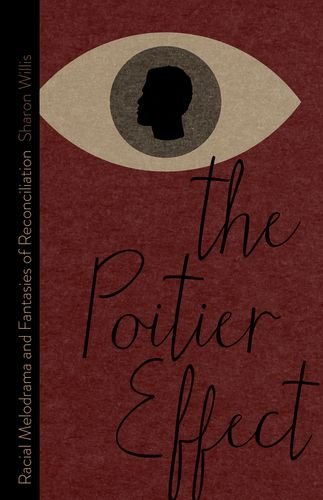

Most ebook files are in PDF format, so you can easily read them using various software such as Foxit Reader or directly on the Google Chrome browser.
Some ebook files are released by publishers in other formats such as .awz, .mobi, .epub, .fb2, etc. You may need to install specific software to read these formats on mobile/PC, such as Calibre.
Please read the tutorial at this link: https://ebookbell.com/faq
We offer FREE conversion to the popular formats you request; however, this may take some time. Therefore, right after payment, please email us, and we will try to provide the service as quickly as possible.
For some exceptional file formats or broken links (if any), please refrain from opening any disputes. Instead, email us first, and we will try to assist within a maximum of 6 hours.
EbookBell Team

4.4
52 reviewsThe civil rights struggle was convulsing the nation, its violence broadcast into every living room. Against this fraught background, Sidney Poitier emerged as an image of dignity, discipline, and moral authority. Here was the picture-perfect black man, helping German nuns build a chapel in The Lilies of the Field and overcoming the prejudices of recalcitrant students in To Sir with Love, a redneck sheriff in In the Heat of the Night, and a prospective father-in-law in Guess Who’s Coming to Dinner. In his characters’ restrained responses to white people’s ignorance and bad behavior, Poitier represented racial reconciliation and reciprocal respect—the “Poitier effect” that Sharon Willis traces through cinema and television from the civil rights era to our own.
The Poitier effect, in Willis’s account, is a function of white wishful thinking about race relations. It represents a dream of achieving racial reconciliation and equality without any substantive change to the white world. This notion of change without change conforms smoothly with a fantasy of colorblindness, a culture in which difference makes no difference. Willis demonstrates how Poitier’s embodiment of such a fantasy figures in the popular cinema of the civil rights era—and reasserts itself in recent melodramas such as The Long Walk Home, Pleasantville, Far from Heaven, and The Help.
From change without change to change we can believe in, her book reveals how the Poitier effect, complicated by contemporary ideas about feminism, sexuality, and privilege, continues to inform our collective memory as well as our visions of a postracial society.